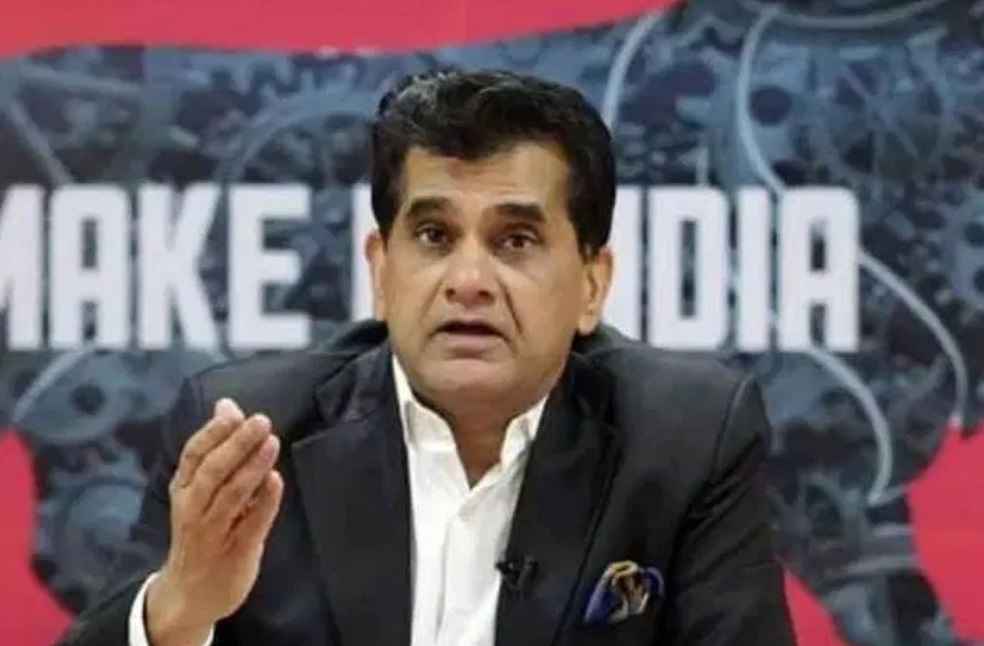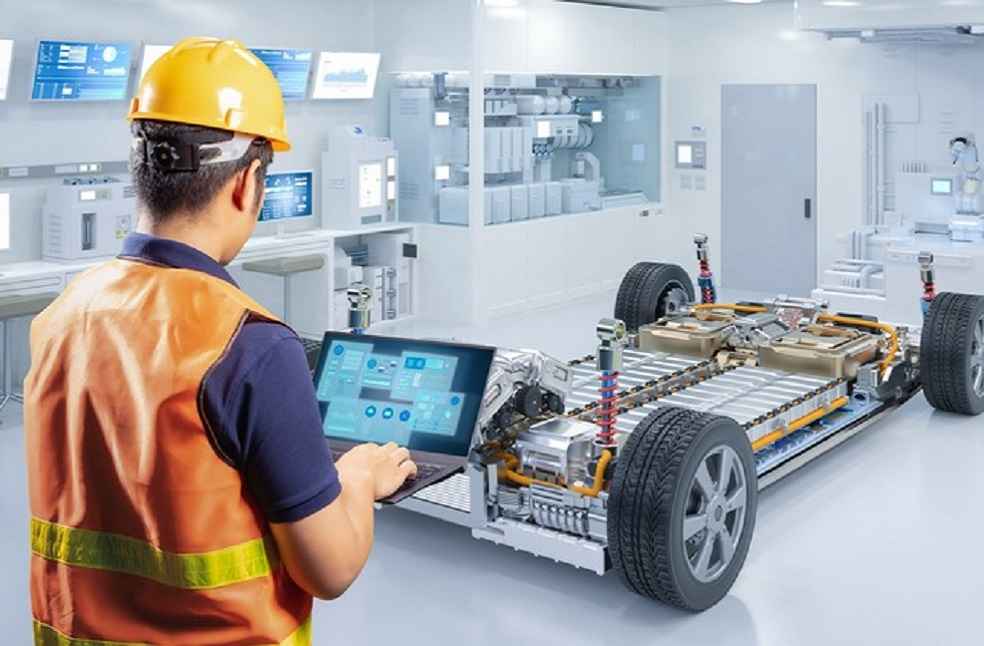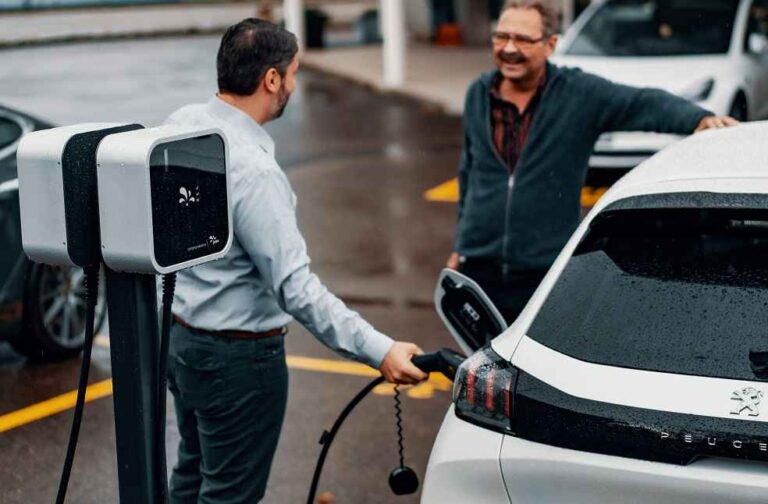India is on the verge of becoming a global leader in EV production, with the market expected to grow from $3.21 billion in 2022 to $113.99 billion by 2029. As the fourth-largest automaker, the country is positioned for a major shift towards sustainable transportation, driven by government initiatives and industry innovation.
Amitabh Kant, G20 Sherpa and former NITI Aayog CEO, stressed the urgency of embracing green mobility, predicting that India could achieve a 30% EV market share by 2030. Projections include 80 million EVs on Indian roads by 2030, and the EV battery market is expected to rise from $16.77 billion in 2023 to $27.70 billion by 2028. The government’s ‘7C Vision’ – Common, Connected, Convenient, Congestion-free, Charged, Clean, and Cutting-edge – aims to drive EV adoption by focusing on low-cost financing and robust infrastructure.

India’s EV ecosystem is expanding rapidly, with 927 businesses exporting vehicles and new innovations like Battery-as-a-Service (BaaS) gaining traction. The Indian government’s PM E-Drive scheme has further solidified its commitment to sustainable transportation by promoting EV adoption and reducing reliance on fossil fuels. Industry experts, such as Ashim Sharma from NRI, emphasize the need for innovation in battery technologies and engineering talent to secure long-term leadership in the market.
The electric vehicle market in India has already seen significant involvement from major players like Tata Motors and Mahindra & Mahindra, alongside new entrants such as Reliance Infra and JSW. The passenger car segment still has considerable growth potential, with current EV penetration higher in two- and three-wheelers. Leading automakers are pushing to establish the necessary infrastructure and supply chain, while global partnerships and investments in local production are helping accelerate growth.

Despite the challenges of building charging infrastructure, incentives under FAME (Faster Adoption and Manufacturing of Hybrid and Electric Vehicles) and other government initiatives are key to overcoming barriers. India aims to have over 1.32 million charging stations by 2030 to support its ambitious targets.
Looking ahead, experts believe India’s IT and software expertise will play a vital role in shaping its EV future, positioning the country as a reliable hub for manufacturing and exporting electric vehicles globally.
AUTO TECH | Ford BlueCruise 1.5 Debuts Automatic Lane Change for Smoother Highway Driving





